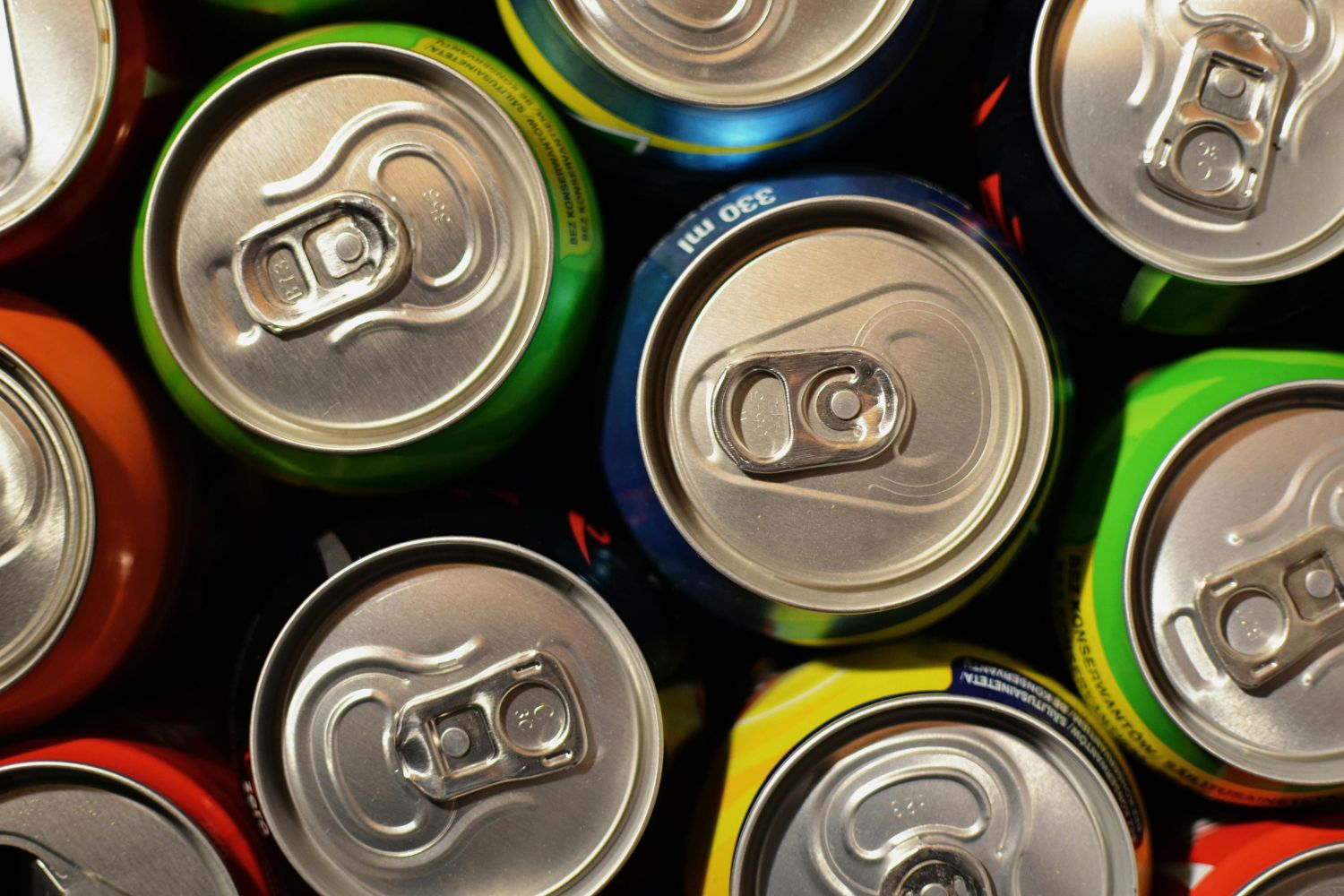Young Children Drinking Daily Caffeinated Soda Found More Likely to Try Alcohol Within a Year
This additional information is included as part of a press release labeling system introduced by the Academy of Medical Sciences and Science Media Centre. For more details click here.

Photo by Breakingpic on Pexels
New longitudinal study finds nine-to-10-year-olds who drink caffeinated soda daily are twice as likely to try alcohol within a year
The trend among younger children to frequently drink caffeinated soda may indicate higher risk of alcohol consumption in the future, new research suggests.
In a study of over 2,000 US children, aged between just nine to ten, those who reported drinking caffeinated soda daily, were found a year later twice as likely to state they had sipped alcohol.
Published in the peer-reviewed journal Substance Use & Misuse, the results of the study also demonstrate that daily drinkers of caffeinated soda were more impulsive and have a poorer working memory.
Each of the findings took into consideration other factors such as family history of drug use and low parental education.
Although strong associations between caffeinated beverage consumption and future substance use have been well documented in adolescence and adults, the Korean team’s findings are the first to demonstrate similar results in young children. In teens, previous research has shown that those regularly drinking energy drinks are five times more likely to use alcohol or marijuana within one to two years.
This new paper used data from the Adolescent Brain Cognitive Development (ABCD) Study, the large longitudinal study of brain development and child health in the United States.
The expert team aimed to not only see if there was a connection between alcohol use and caffeinated soda consumption in younger children, but also better understand the relationship between drinking the beverage and well-known risk factors of substance use disorder such as reduced working memory (for example holding a short sequence of numbers in our head for a few minutes) and increased impulsivity.
To test these cognitive functions, the children were given a series of tasks to do while their brain activity was recorded. For example, in one task, participants had to determine whether an object presented to them was the same as that shown in the two preceding trials.
The results showed that both high impulsivity and low working memory were significantly associated with daily caffeinated soda consumption.
Interestingly, children who regularly drank caffeinated soda also showed distinct brain activity compared to their non-drinking peers.
For example, when performing the impulse control task, daily drinkers showed lower activity in a brain region called the anterior cingulate cortex (ACC). Reduced activity in the ACC is frequently observed in children with attention deficit hyperactivity disorder (ADHD) and individuals with substance use disorders.
Meanwhile, in the working memory test, daily drinkers showed less activation in a brain region called the inferior frontal gyrus (IFG), which is a part of the frontal lobe. Prior studies have shown that reduced activation in the frontal cortex is related to lower working memory capacity.
Taken together, these findings strongly suggest an association between daily soda consumption and low working memory and high impulsivity, which are themselves recognized as risk factors for substance use disorders.
Lead author Mina Kwon, from the Department of Psychology, Seoul National University, explains: “Our findings suggest that daily consumption of caffeinated soda in children is predictive of substance use in the near future. One possible explanation is that the substances contained in caffeinated soda (caffeine and sugar) could induce a toxicological effect on the brain, making the individual more sensitive to the reinforcing effects of harder drugs like alcohol.”
This is known as the ‘gateway hypothesis’, however an alternative theory, known as the “common liability hypothesis,” is also possible.
The idea behind this theory is that children who are naturally less able to regulate their impulses are more likely to seek out and try substances like caffeine at an early age. Then as they get older and it becomes easier to access illicit substances, they may progress onto harder drugs like alcohol.
“Frequently consuming caffeinated soda could indicate a higher risk of initiating substance use in the future, due to the common risk factors between the two behaviours,” adds Professor Woo-Young Ahn, who is the Director of the Computational Clinical Science Laboratory at Seoul National University.
“Our results have important implications for public health recommendations, as our study provides novel insight into the neurobehavioral correlates of caffeinated soda consumption in children, which has rarely been evaluated.
“It’s vital, therefore, to develop evidence-based recommendations for caffeinated soda consumption in minors. There is no consensus on a safe dose of caffeine in children, and some children might be more vulnerable to adverse effects associated with frequent caffeine consumption than others.”
Limitations of the team’s findings include a “substantial number” of samples with missing data, which led to their exclusion from the analyses.
“As a result,” the paper details, “there is a possibility that the excluded data is missing not at random, potentially influencing our findings.
“Although we supported the robustness of our main results by applying statistical methods that could control for other confounding variables, we also acknowledge that multiple variables other than caffeinated soda intake may mediate the relationship between neurobehavioral risk factors and future alcohol use.”
The expert team recommends a “critical need” for future research to see if there is a pattern between the consumption of caffeinated soda among nine-to-10-year-olds and their use of other harder substances as they age.